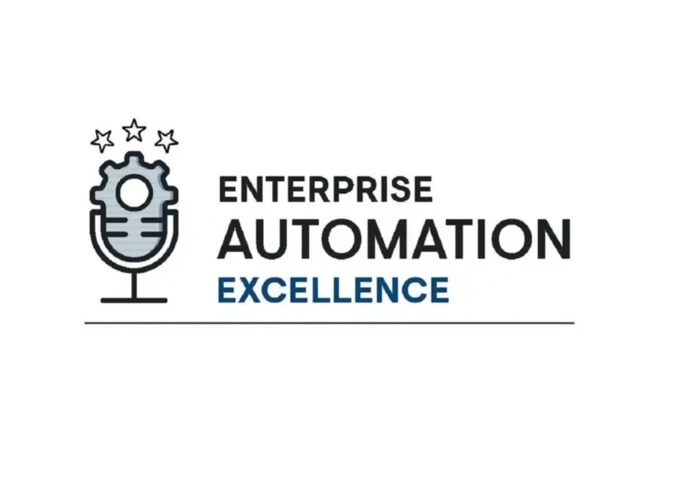Summary
Getting approval for new automation investments requires building a business case with a cost analysis, expected business benefit, and assessment of project complexity and risk. In this episode, Dan Twing and Tom O'Rourke provide guidance on how to build a successful business case for automation initiative, highlighting the need to speak in terms of business value, particularly revenue growth, profit expansion, and customer acquisition. Their conversation includes real-world examples ranging from expanding API access to transforming business operations.
Key Points
- Describe technical capabilities in terms of business services and outcomes
- Understand who is involved in approving your proposal and what their concerns are
- Match project cost and effort to payback expectations
- Strategic alignment is key, initiatives tied to revenue growth, profit expansion, and customer acquisition receive highest priority
- Don't take rejection personally, executive leadership must assess hundreds or thousands of proposals with finite resources
Takeaways for Automation Leaders
- Build a solid financial framework by partnering with Finance to build the initiative's cost and benefits model
- Explain initiative outcomes through business impact, not technical improvements
- Realistically access risk, complexity and strategic alignment
- Think like a shareholder, asking "Is this truly the best use of company resources compared to other possible investments?"








Comments ( 0 )